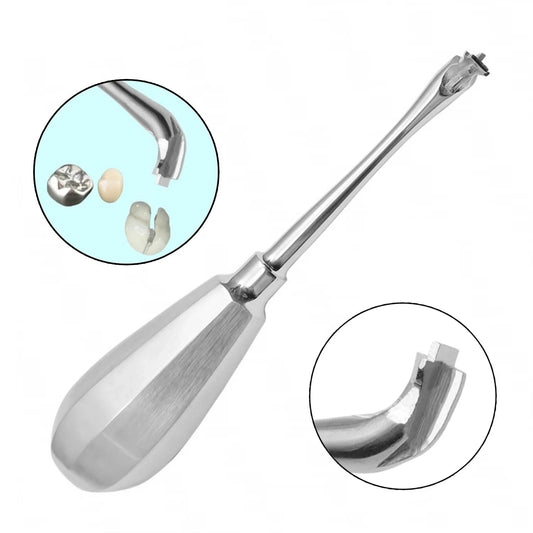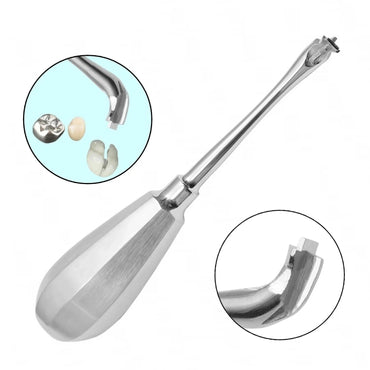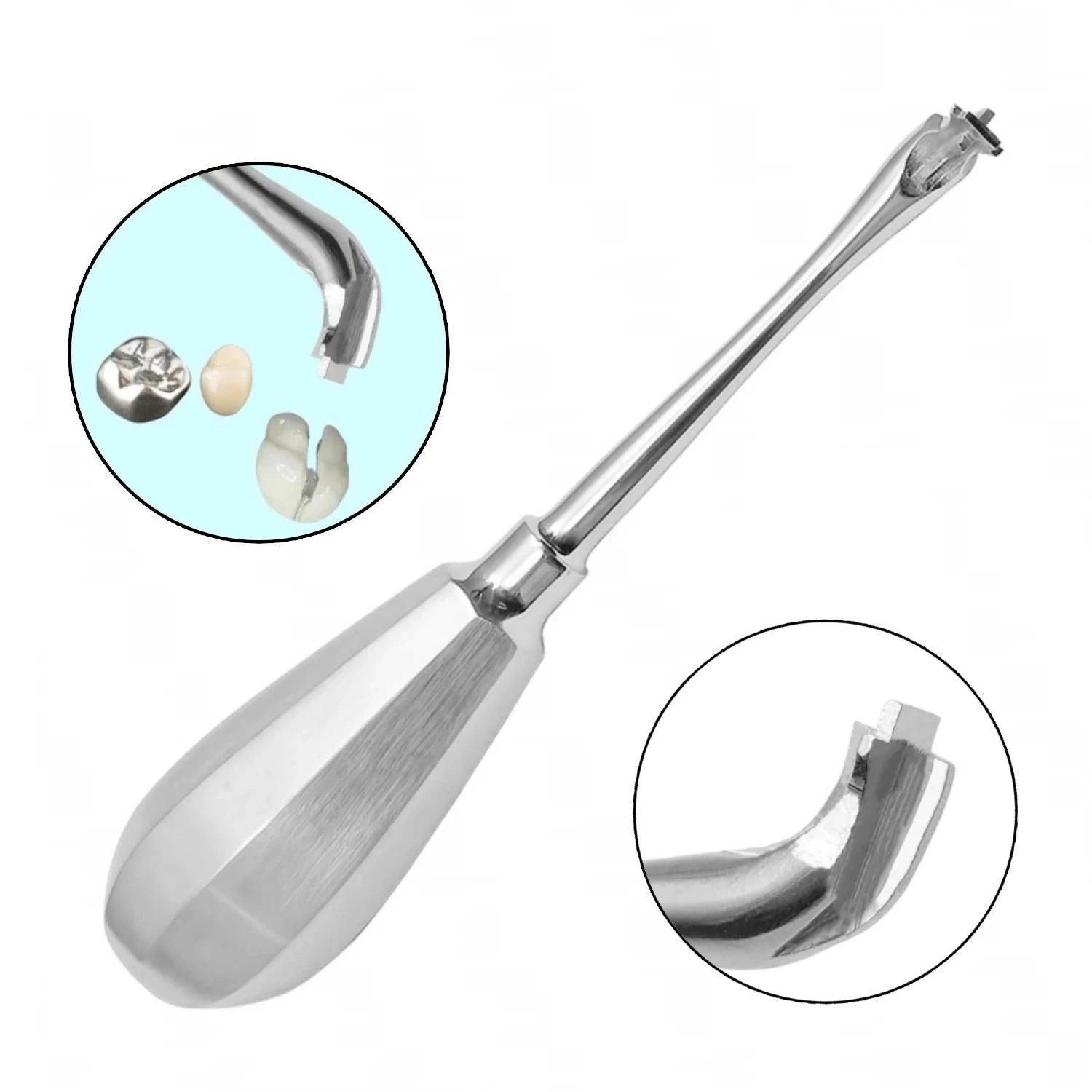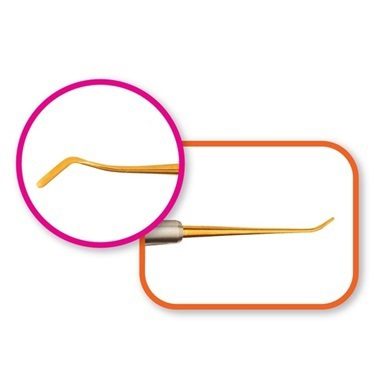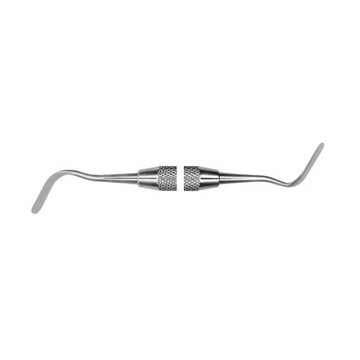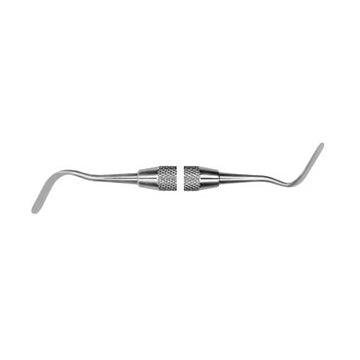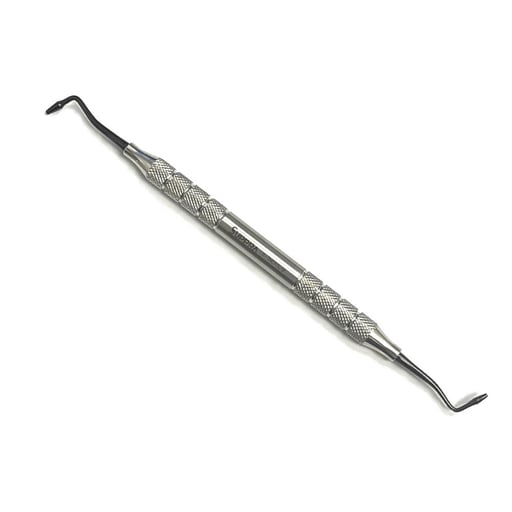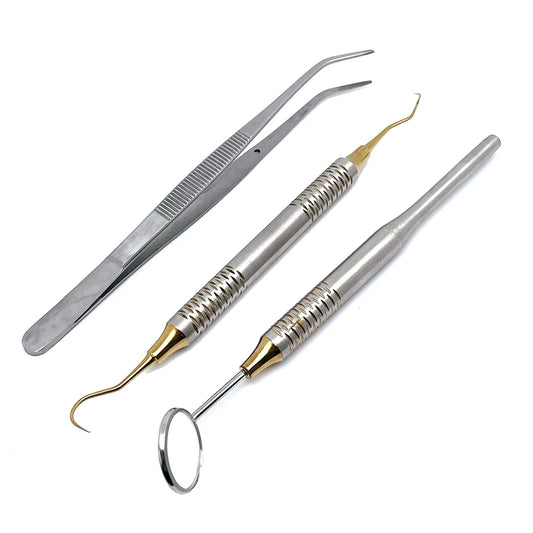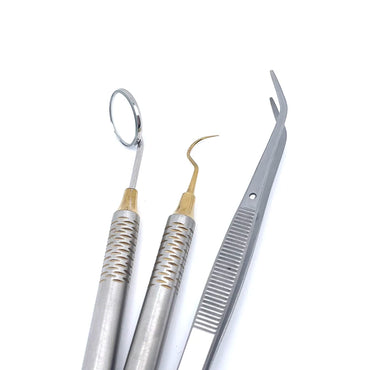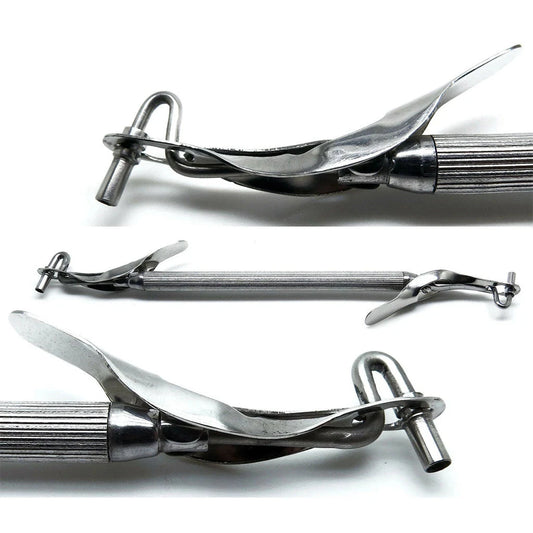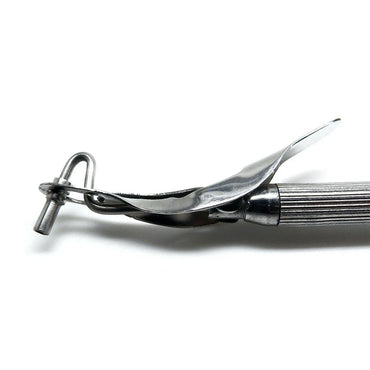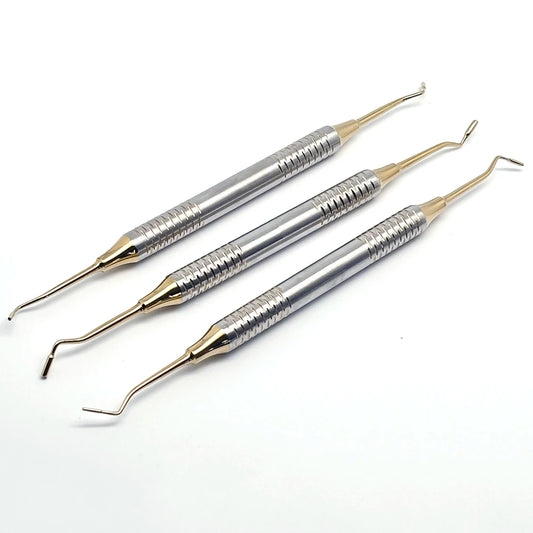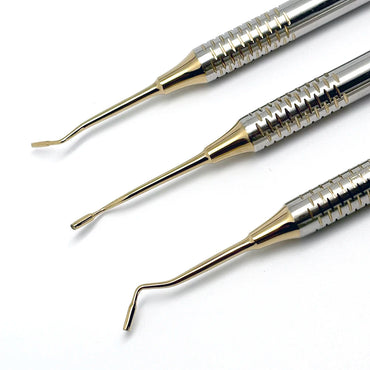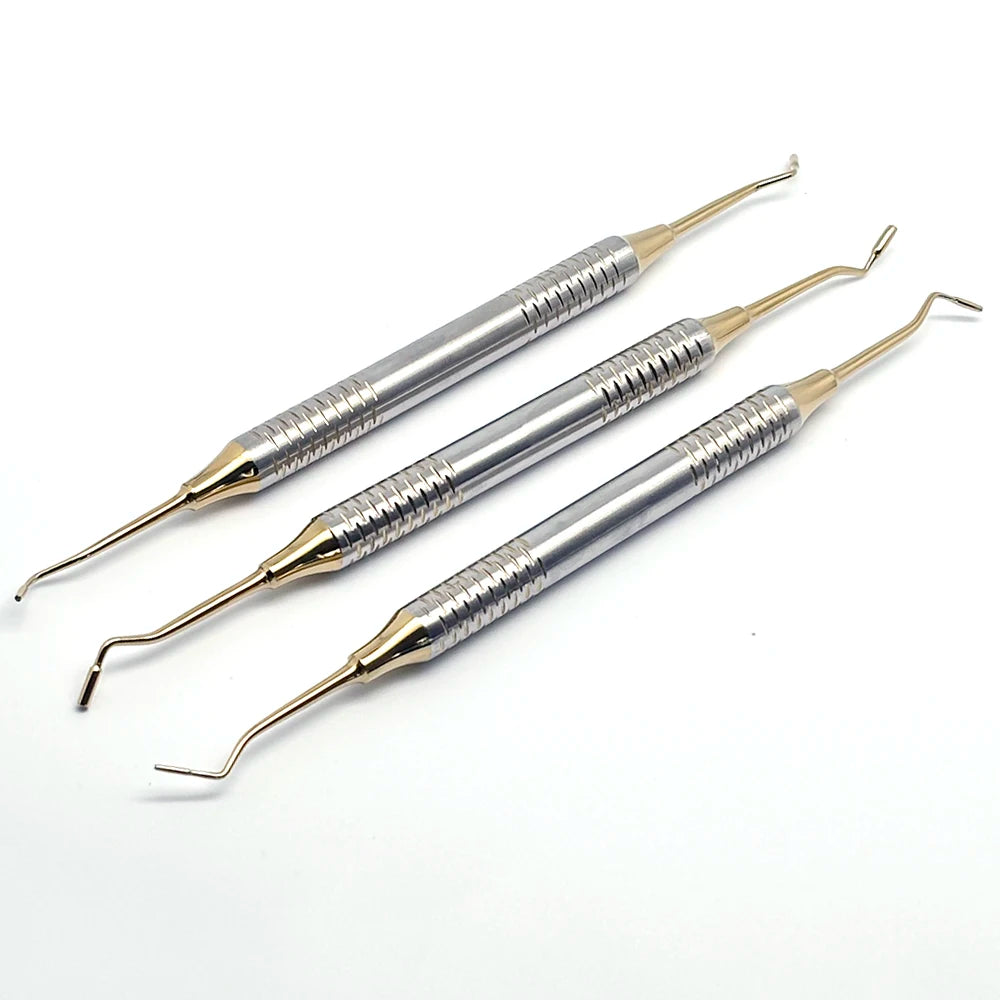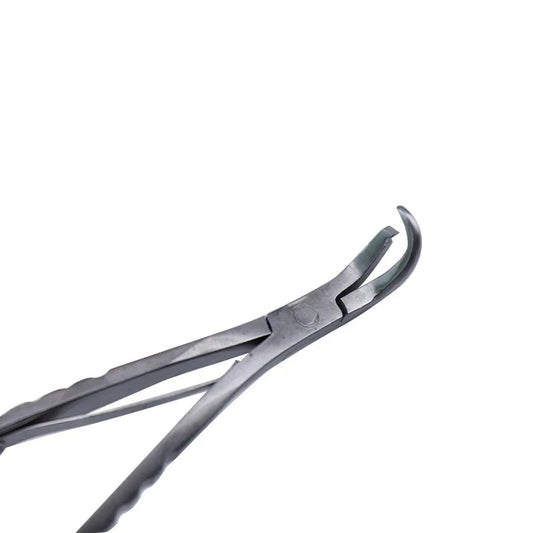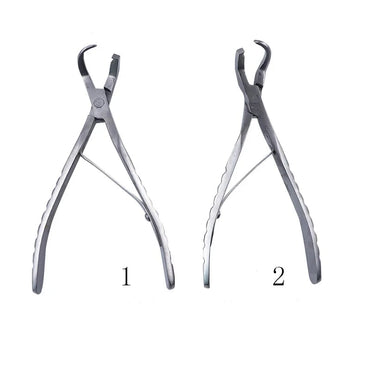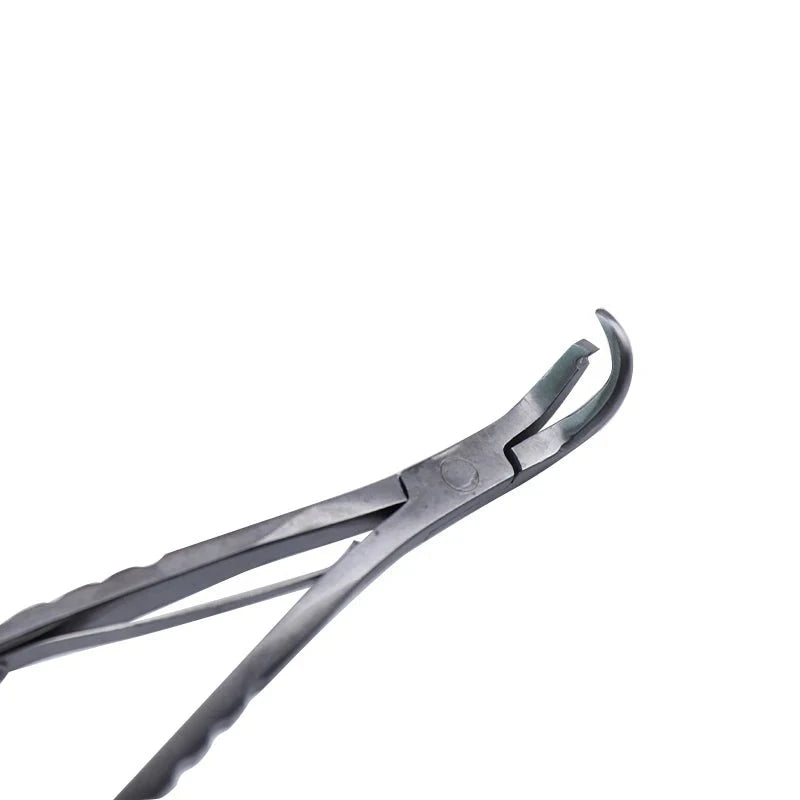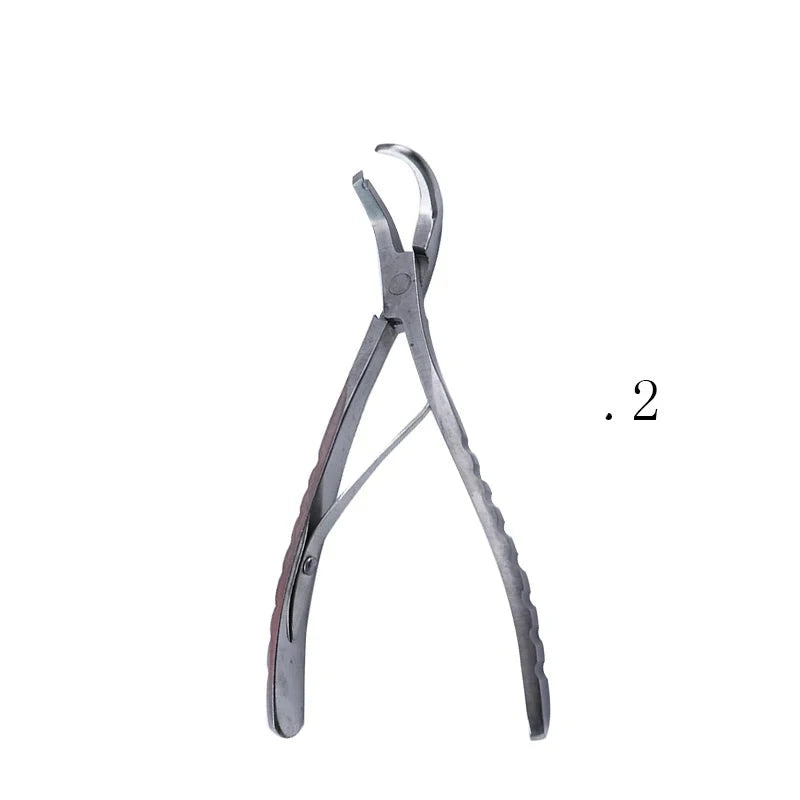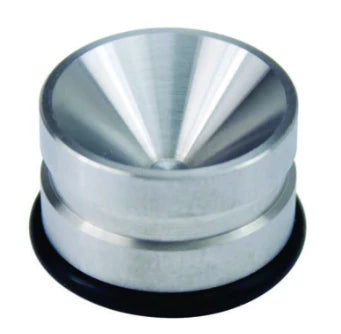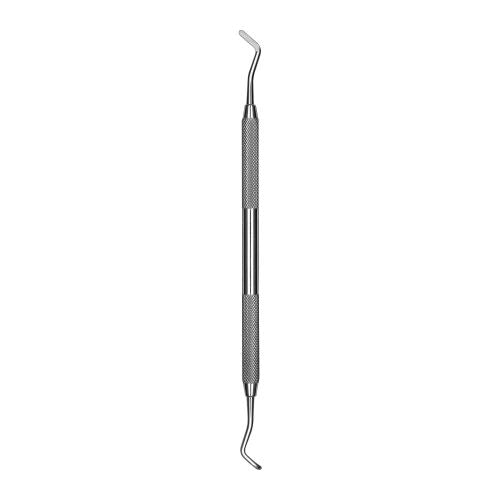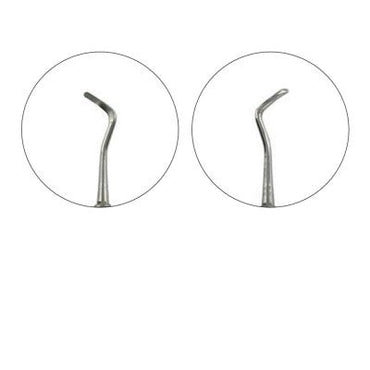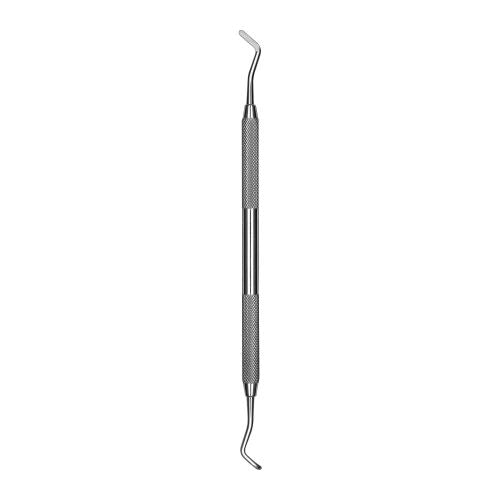Dental practices rely on dental supply companies for essential products, from basic tools to advanced equipment. For many practices, larger dental supply companies like Henry Schein and Patterson have long been the go-to choices. However, as these companies grow, so too do the hidden costs, often in the form of surcharges that can add up quickly and affect a practice’s bottom line.
In this post, we'll explore the surcharges commonly associated with big dental supply companies and why it’s important for dental professionals to diversify their suppliers to maintain cost efficiency and quality in their practices.
The Hidden Costs: Common Surcharges
One of the main reasons dental practices often face inflated costs when purchasing from large supply companies is due to surcharges. These extra fees can significantly increase the overall cost of an order. Below are some of the most common surcharges associated with big dental supply companies:
1. Shipping Charges
Shipping fees are perhaps the most common surcharge that dental supply companies apply. While some companies offer free shipping on orders over a certain threshold, this isn't always the case. Often, if an order is smaller, or if expedited shipping is required, practices will find themselves paying substantial shipping fees. These charges can become a significant burden over time, especially if your practice needs to order supplies frequently.
Big companies like Henry Schein may also apply additional shipping costs depending on the location of the dental practice. Remote locations or international shipping can further drive up delivery costs, sometimes making it more expensive than the supplies themselves.
2. Handling Fees
Handling fees are another hidden cost many dental practices overlook when ordering from large suppliers. These fees can apply when an order needs special handling, or if products require extra care during shipment. For example, delicate or temperature-sensitive products may incur handling fees to ensure they are properly packed and shipped.
Additionally, large companies might charge handling fees for items that are difficult to warehouse or ship in bulk. This surcharge can add to the overall cost of the supplies, especially when purchasing large quantities of materials that require individualized attention.
3. Restocking Fees
Returning dental supplies can be a tricky process, and often, a restocking fee is involved. If a practice needs to return unused or incorrect items, the supplier may charge a restocking fee to process the return. For large companies, restocking fees can be as high as 20% of the original product cost, depending on the terms and conditions.
Restocking fees can be especially frustrating for practices that experience changes in inventory needs or that order supplies in bulk to secure discounts. These fees can eat into the savings of buying in bulk, reducing the overall benefit.
4. Minimum Order Fees
Many large dental supply companies impose a minimum order requirement. If your order doesn’t meet this threshold, you may be charged a surcharge to make up the difference. For smaller practices that don’t need to place large orders regularly, this can be a difficult hurdle to overcome.
Practices are often forced to buy more than they need, potentially leading to excess inventory that goes unused. Over time, these surcharges can add up, making it harder to control costs.
5. Price Increases
Many larger dental suppliers have been known to raise prices across product lines regularly. While price hikes may seem reasonable on the surface, the frequency of these increases can be a significant concern for dental practices. Suppliers may also increase prices on popular products or essential items that practices depend on the most, making it difficult to predict future expenses.
Why Diversifying Your Dental Supply Sources is Essential
While large companies like Henry Schein, Patterson, and others may seem like the obvious choices, diversifying your dental supply sources is an important strategy to minimize costs and ensure your practice remains competitive. Here’s why:
1. Cost Savings
The most obvious reason to diversify is to control costs. As we've discussed, large dental supply companies often apply various surcharges that can significantly increase the overall cost of purchasing dental products. By shopping around and working with smaller, more specialized dental supply companies, practices can avoid these hidden fees and access better pricing.
Smaller suppliers often offer more flexible shipping options, lower restocking fees, and more competitive pricing on bulk purchases, which can add up to significant savings over time.
2. Better Customer Service
Customer service is often more personalized with smaller or specialized dental suppliers. Larger companies tend to focus on volume and may not provide the same level of individualized attention. Smaller suppliers, on the other hand, are typically more invested in creating long-term relationships with their clients.
When you diversify your dental supply sources, you’re more likely to receive faster, more personalized responses to questions or concerns. Smaller suppliers also tend to have better flexibility when it comes to handling special orders or custom requests, giving your practice a more tailored experience.
3. Access to Unique Products
By diversifying your suppliers, you also gain access to a wider variety of products that may not be available through larger companies. Smaller, specialized suppliers often carry niche items that are perfect for certain procedures or patient needs. This gives your practice the ability to offer a wider range of treatments and services that may not be possible with a one-size-fits-all supply chain.
Additionally, smaller suppliers are more likely to focus on the latest innovations in the dental industry. By shopping with a variety of suppliers, you’re more likely to stay ahead of the curve and offer cutting-edge solutions to your patients.
4. Avoiding Over-Reliance on a Single Supplier
Relying too heavily on one supplier can put your practice at risk in the event of product shortages, shipping delays, or price increases. Diversifying your sources ensures that your practice remains flexible and able to adapt to changes in the market. If one supplier experiences issues, you can quickly turn to another to meet your needs.
This also reduces the risk of being locked into long-term contracts or pricing agreements that are difficult to renegotiate. With a diverse supply chain, you have the leverage to negotiate better prices and terms that benefit your practice in the long run.
5. Stronger Negotiation Power
When you work with multiple suppliers, you can leverage your purchasing power to negotiate better deals. Whether you’re ordering large quantities of consumables or investing in new equipment, being able to compare pricing from different sources puts you in a stronger position to negotiate discounts, flexible payment terms, and other incentives.
While large dental supply companies may seem convenient, the surcharges they impose—such as shipping fees, handling charges, restocking fees, and price increases—can add up and affect your practice’s profitability. By diversifying your dental supply sources, you can mitigate these hidden costs, take advantage of personalized customer service, access a wider range of products, and improve your overall bottom line.
Taking a proactive approach to sourcing dental supplies from multiple suppliers ensures that your practice is equipped with the best products at the best prices while maintaining flexibility and reducing risk. The key to success in today’s competitive dental industry lies not just in choosing a supplier, but in diversifying your options to keep your practice cost-effective and efficient.







